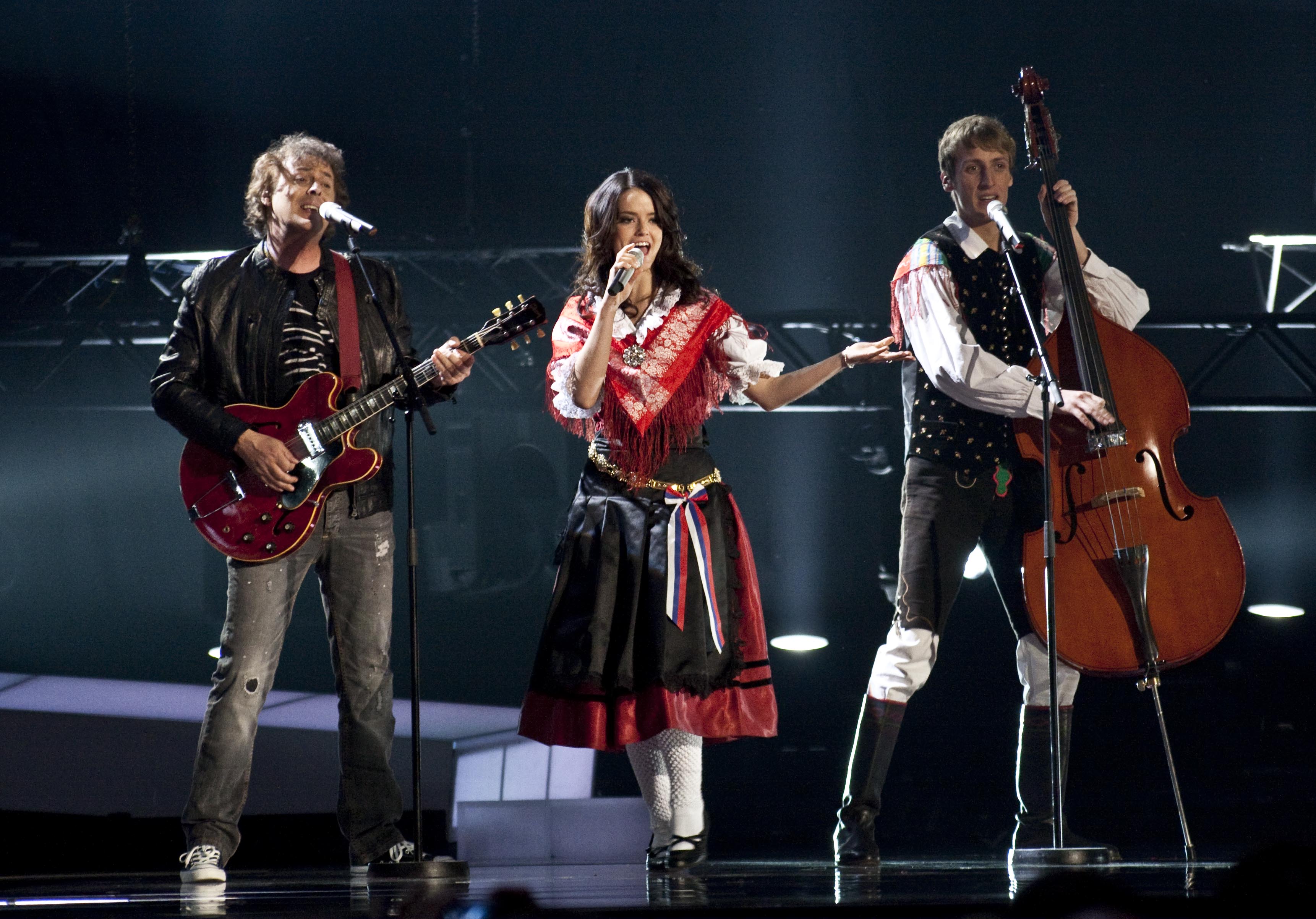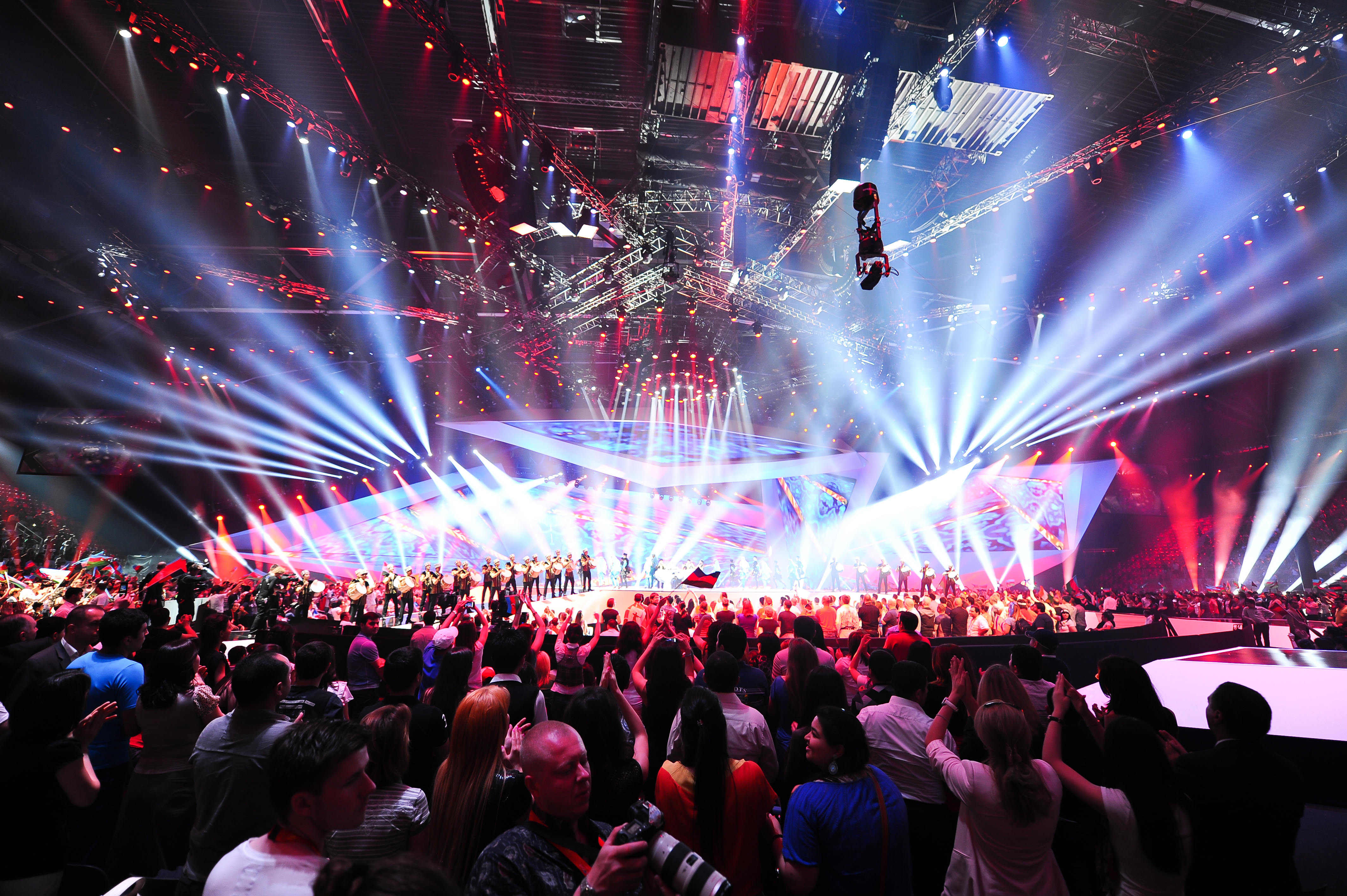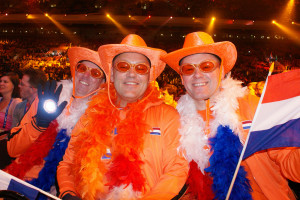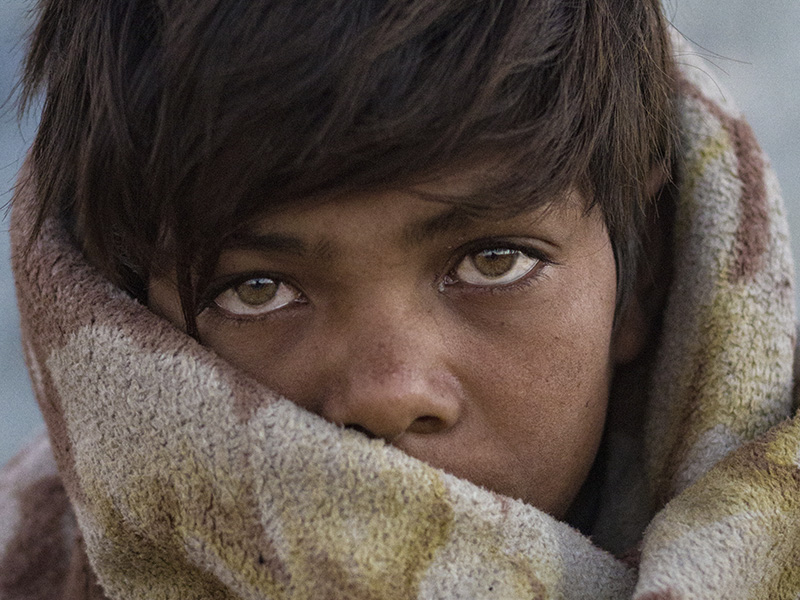On May 23, the 60th annual Eurovision Song Contest convened in Vienna. In existence since 1956, Eurovision holds the record for the longest running annual TV song competition. Historically, Eurovision was an ambitious project: different countries had different broadcasting schedules, and to unify Europeans underneath one television broadcast was a major cultural feat. While still incredibly popular in Europe today, to individuals outside the area the contest is known less as a symbol of European solidarity, than as pop a culture phenomenon.
Despite the light-hearted broadcasting, the breakdown of voting within Eurovision parallels political lines. Voting for the best song is broken into two groups: 50% of points come from viewers across Europe, the other 50% from music professionals representing every country. Based on the combined results, each country gives a number of points, from a top score of twelve down to one. These complicated voting mechanisms do not assist Eurovision in becoming a proper talent contest. Instead, alliances and geopolitical interest remain.
 A good example of this is the United Kingdom. Its 2015 entry came in 24th place out of 27 countries. Most British entrants in the past fifteen years have scored poorly, on three occasions coming in last place. The country’s poor standing in Eurovision reflects the tense relationship the UK maintains with the EU. In a 2013 study, most Britons blamed the poor results on Eurovision being all about politics, rather than the talent. Since they last won in 1999, British-EU relations have become increasingly tenuous over the euro and the Iraq War, culminating under the Conservatives with plans for a referendum to leave the EU.
A good example of this is the United Kingdom. Its 2015 entry came in 24th place out of 27 countries. Most British entrants in the past fifteen years have scored poorly, on three occasions coming in last place. The country’s poor standing in Eurovision reflects the tense relationship the UK maintains with the EU. In a 2013 study, most Britons blamed the poor results on Eurovision being all about politics, rather than the talent. Since they last won in 1999, British-EU relations have become increasingly tenuous over the euro and the Iraq War, culminating under the Conservatives with plans for a referendum to leave the EU.
Russia highlights the opposing end of Eurovision votes. Despite Eastern Europe’s defensive stance against Russian aggression, Russia has consistently scored well for the past three years. Russia has staunch allies within Eurovision, with Belarus, Azerbaijan, and Armenia consistently giving twelve points, due to the influence of their Russian minorities and trade links. Its entry this year reached 2nd place, also receiving high scores from countries such as Germany, France, and Estonia. In response to the surprising results, the Chairman of the Federation Council Committee for International Affairs, Konstantin Kosachev said the results show “the successful outcome of an all-European referendum on where ordinary Europeans see Russia.” With Eurovision being about politics, he says, the results prove Europeans desire normal relations with Russia.
Determining how much votes represent European popular opinion is difficult. The usual winners are middle-power players within Europe, who tend to be safe countries that don’t have polarizing popular opinions within the continent. This year’s winner was Sweden, and before that Austria, then Denmark. Ireland won four times between 1991 and 1995. Meanwhile, Germany and France, the most influential countries within the European Union, came in last and second-last place. Voting patterns also become dictated by geography, or by immigration. Scandinavian countries have a strong tendency to support one another, as do countries east of the former Berlin Wall. Balkan countries, despite the wars of the 1990s, make up another bloc because of the sizable minority populations that live in neighbouring countries. Even after the revolution in Ukraine, voters still gave four points to Russia this year, highlighting the presence of the Russians that live there. Although Turkey has not appeared in Eurovision since 2012, they scored in the top ten throughout the 2000s, buoyed by Turkish immigrant communities in Germany, France, and the Netherlands.
As seen from the United Kingdom’s opinion of the contest, votes may bear a correlation to the influence and opinion of a country. Due to the proximity of all the participants, nationalism erupts itself in stronger ways compared to other international competitions such as the Olympics, as seen by the audience’s booing when Russia received votes. But any correlation is limited, due to the difficulty of determining when a contestant’s talent ends, and when political prejudices begin. As crises continue to unfold within the Eurozone and Russia, it remains to be seen the effect it will have on this European cultural oddity.






